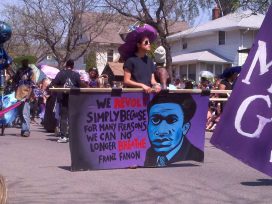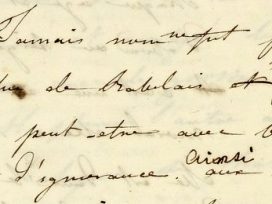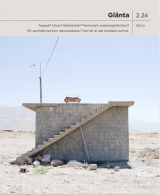
Frantz Fanon’s impact is as important today as it was when he wrote ‘The Wretched of the Earth’, a political work that assesses violence, both of colonists and activists. Glänta commemorates the psychiatrist and political philosopher’s life and work, highlighting his influence on postcolonial theory and anti-racism, in an interview with historian Michael Azar.


